Jessica M. Sanchez, HR Business Partner, People & Culture
Our nation is in a current state of unrest and transformation. As tensions rise, a demand for change and reform has never been louder. All 50 states have held protests for the Black Lives Matter (BLM) movement, as well as multiple countries, this is amazing, this is history. As a person of color with native descent, and a mother of a child with Hispanic and African roots, this topic is a personal and very passionate one for me.
Unfortunately, some media outlets choose to cover this as a nation divided. I think it is important to highlight a nation united and more specifically pay homage to those that have helped paved the way to reform. As June is Pride Month, I would like to explore the history of the Gay Liberation Movement, Pride and how the LGBTQ+ community is playing an important role in BLM.
A Little History
Let’s take it back to June of 1969, when the Pride Movement first began with the Stonewall riots against police brutality and oppression. The uprising at Stonewall Inn became the catalyst for an emerging gay rights movement (Gay Liberation Movement), modeled after the civil rights movement and the women’s rights movement. This movement was largely led by LGBTQ+ people of color such as Sylvia Rivera, Marsha P. Johnson, and Stormé DeLarverie making pride a voice for intersectionality. Pride at its core began as protests against injustice and inequality, two themes that run deep for both movements.
Intersectionality – How and Why Do These Two Relate
For starters, the founder of Black Lives Matter, Kei Williams, is a self-described Black transmasculine person as well as an organizer with the Marsha P. Johnson Institute. More importantly, both communities share the same experiences in the context of police brutality, public health, oppression, and systemic discrimination.
Police Brutality – According to the National Coalition of Anti-Violence Programs, “transgender people were 3.7 times more likely to experience police violence and 7 times more likely to experience physical violence when interacting with the police as compared to cisgender (identifying with your birth sex) survivors and victims.”
Public Health – In the context of COVID-19 several published studies have shown the virus has a disproportionate impact on people of color, and on LGBTQ+ people as well. The pandemic has put the LGBTQ+ community at an increased risk for severe illness and death. USA Today took note of race and geographic factors behind the disproportionate impact of COVID-19, reporting “many more LGBTQ people are struggling with unemployment, homelessness and food insecurity compared with other Americans while simultaneously facing increased rates of health issues stemming from bias, mental illness and lack of insurance.”
Oppression/Systemic Discrimination – For all the progress on LGBTQ+ rights since Stonewall, the federal government has turned back the clock under the Trump administration. Federal actions on military service, education, employment, health care, housing, criminal justice and more have directly impacted the LGBTQ+ community.
Standing in Solidarity
More and more LGBTQ+ organizations are recognizing their role in these protests and standing in solidarity with Black Lives Matter, refocusing their events during LGBTQ+ Pride month in alignment with the movement for racial justice.
GLAAD issued its own statement which read in part, “There can be no Pride if it is not intersectional.”
It is apparent now more than ever that we need systemic change. We need to listen to Black people, Black trans people and Black LGBTQ+ people who haven’t been heard.
How You Can Show Support
- Educate yourself, do some research on the Gay Rights and Black Lives Matter movements.
- Read up on Marsha P. Johnson, Kei Williams, Elijah Muhammad, Mahatma Gandhi, the countless victims of Black injustice (George Floyd, Breonna Taylor, Mike Brown, and all the other victims who didn’t make the news), and the organizations supporting these efforts.
- Demand justice and reform; protest, donate, and write to your elected officials.
- Register to vote and use your vote wisely; research your local and national candidates.
- Show empathy, listen and be human – true change will only come when we can all see one another as equals.

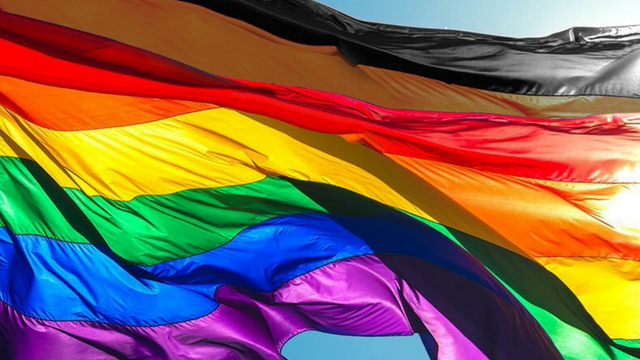
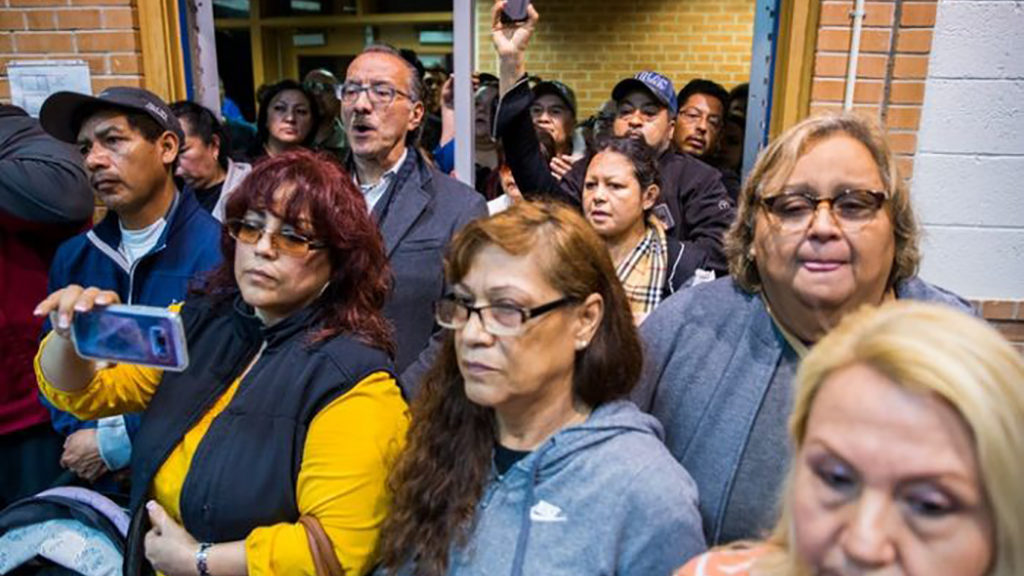
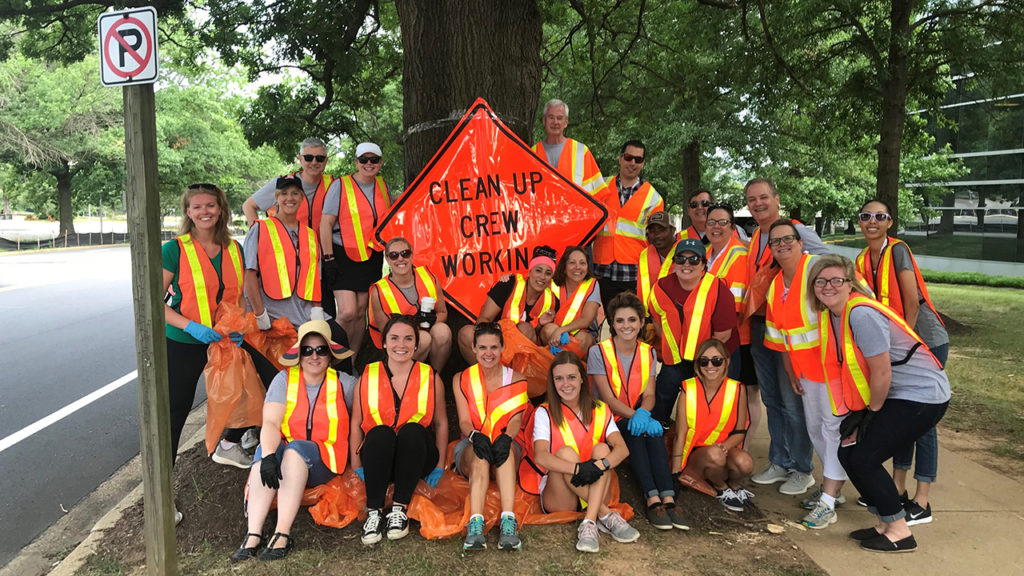
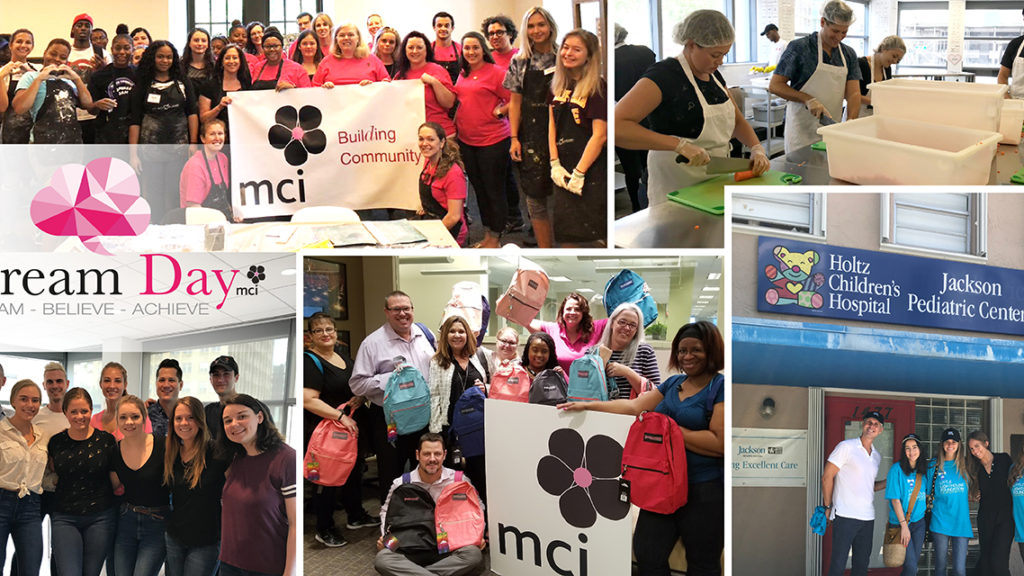
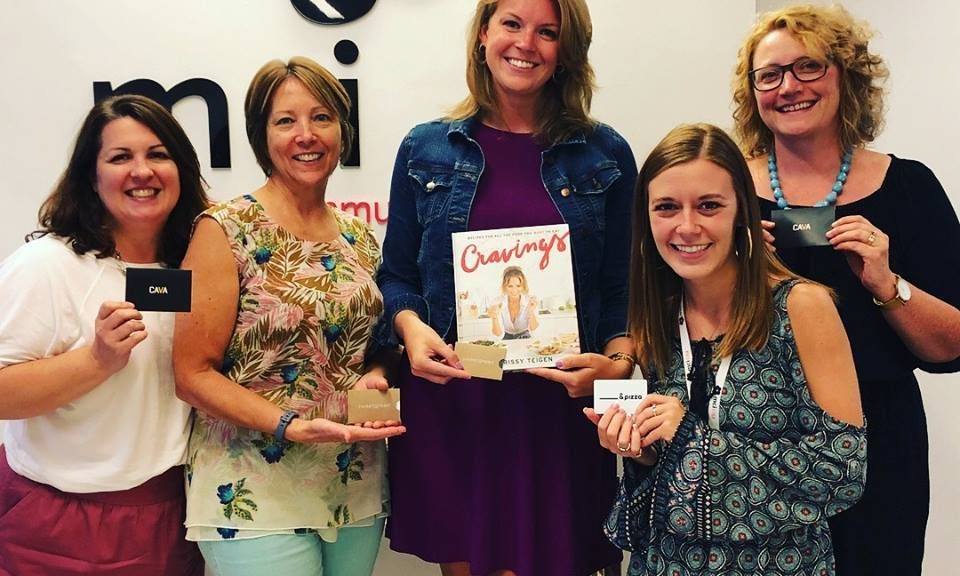
Great info, Jessica!
Thank you Aisha.
Thank you for the info Jessica!
Thoughtful article Jessica, thank you for the research and ideas!